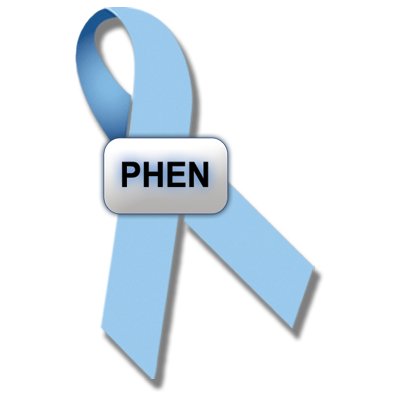Dr. Keith Crawford, PHEN Director of Clinical Trials and Patient Education, led a presentation and panel discussion on prostate cancer treatment pathways at the Boston Prostate Cancer Community Rally on March 29, 2025. He began by sharing the PHENPath.com portal. The panelists included:
- James Henry, PHEN Survivor Network Member
- Richard Lee, MD, PhD, Clinical Co-Director, Mass General Cancer Center
- Azell Martin, PHEN Survivor Network Member
- Richard Moore, PHEN Survivor Network Member
- Richard Salmon, PHEN Survivor Network Member
Dr. Crawford introduced Dr. Richard Lee, a medical oncologist at Mass General Hospital, who explained how he works collaboratively with radiologists and other oncologists to educate patients and help decide on treatment options.
He explained how low-risk prostate cancer patients may not immediately need treatment due to a slow-growing, slow-impact disease and can proceed with active surveillance. For higher-risk patients, the treatment options involve surgery, removal of the prostate, radiation treatments, and possibly hormonal therapies, explained Dr. Lee. Sometimes, chemotherapy and immunotherapy are used among patients with advanced cancers.
Mr. Salmon discussed his prostate cancer journey and how he chose radiation seed implants as his primary form of treatment with the help of his doctor and a PHEN educational meeting. Now, his PSA results have dropped significantly, and he continues to undergo PSA screening every six months. Mr. Martin outlined how he sought a second opinion after being told he needed to have his prostate removed. He then decided to undergo 42 radiation treatments instead. He has been free from prostate cancer for the last 17 years.
Mr. Henry had some symptoms, received a PSA test of 4.8, and took some medication that only slightly decreased his PSA results. He received a second opinion that led to a late-stage prostate cancer diagnosis. His doctor told him about a clinical trial, which he pursued. He went through a surgery and took hormonal therapy medication as part of the trial. He then underwent radiation treatment for six weeks. Since 2018, he has been free of prostate cancer.
